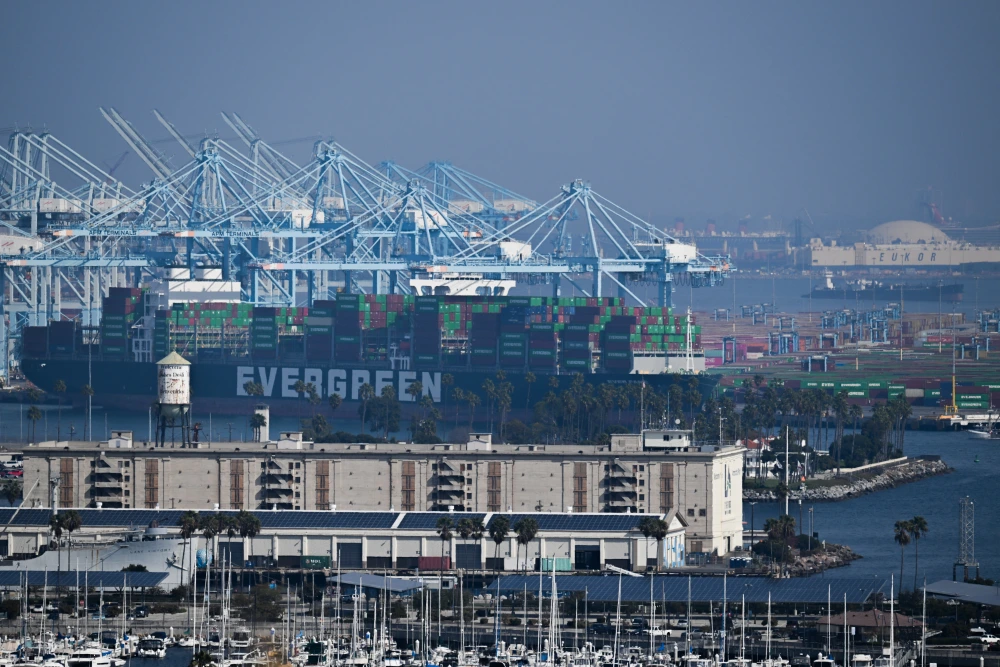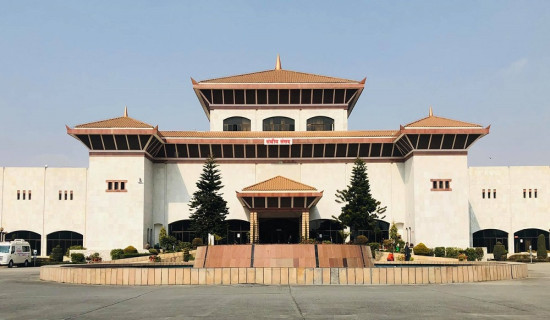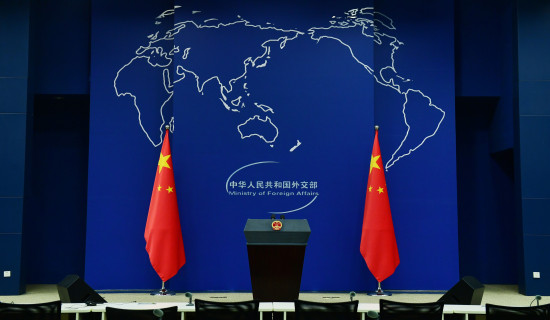- Monday, 23 June 2025
China hits back at 10% U.S. tariff with its own levies on U.S. products
By Jennifer Jett and Peter Guo, HONG KONG, Feb 4 (NBC NEWS): China retaliated immediately Tuesday as a 10% U.S. tariff on all Chinese goods went into effect, announcing a series of measures including its own levies of 10% to 15% on some U.S. products.
Starting Feb. 10, China will impose an additional tariff of 15% on coal and liquefied natural gas and a 10% tariff on crude oil, agricultural machinery, large-displacement automobiles and pickup trucks, the government said.
The Chinese announcement came minutes after the U.S. tariff took effect at 12:01 a.m. ET, the only one to go ahead after President Donald Trump paused 25% tariffs he had announced on goods from Canada and Mexico.
The failure to forestall tit-for-tat tariffs with China raises the risk of a spiraling trade war between the world’s two biggest economies.
“This unilateral tariff hike by the U.S. side seriously violates World Trade Organization rules, does nothing to solve its own problems, and undermines normal China–U.S. economic and trade cooperation,” the Customs Tariff Commission of the State Council, China’s Cabinet, said in a statement.
In addition, Beijing announced an investigation into Google for alleged anti-trust violations, and export controls on items related to tungsten and other rare earth elements that are critical components of high-tech products.
It also said U.S. gene sequencing company Illumina and PVH Corp., the owner of Calvin Klein and Tommy Hilfiger, would be added to the “unreliable entity list,” restricting their ability to operate in China.
Trump announced the 10% China tariff on Saturday along with 25% tariffs on goods imported from Canada and Mexico, citing border security, as well as the illicit international flow of drugs such as fentanyl. Though the Canadian and Mexican tariffs have been paused for 30 days after talks with those countries’ leaders, no such deal appears to have been struck with China.
Trump is expected to speak with Chinese leader Xi Jinping “in the next couple of days,” White House Press Secretary Karoline Leavitt said Monday.
Mainland Chinese markets remain closed for the Lunar New Year holiday. Other Asia-Pacific markets were mostly still up on news that the Canadian and Mexican tariffs had been put on hold, CNBC reported, though stocks in the Chinese territory of Hong Kong pared gains.
Beijing said it had referred the U.S. tariff measures to the World Trade Organization “to safeguard its legitimate rights and interests.”
The additional U.S. tariff “seriously violates WTO rules and is an egregious act, representing typical unilateralism and trade protectionism,” a spokesperson for the Chinese Ministry of Commerce said.
The United States has blocked the appointments of appellate judges to the World Trade Organization since Trump’s first term, leaving it largely unable to mediate international trade disputes. But China could still use a lawsuit to gather international support against the U.S. tariffs.
“The U.S. approach severely undermines the rules-based multilateral trading system, damages the foundation of Sino-U.S. economic and trade cooperation, and disrupts the stability of global industrial and supply chains,” China’s commerce ministry said.
Many Chinese products are already subject to tariffs that were introduced by Trump in his first term and were maintained or in some cases expanded by former President Joe Biden.















